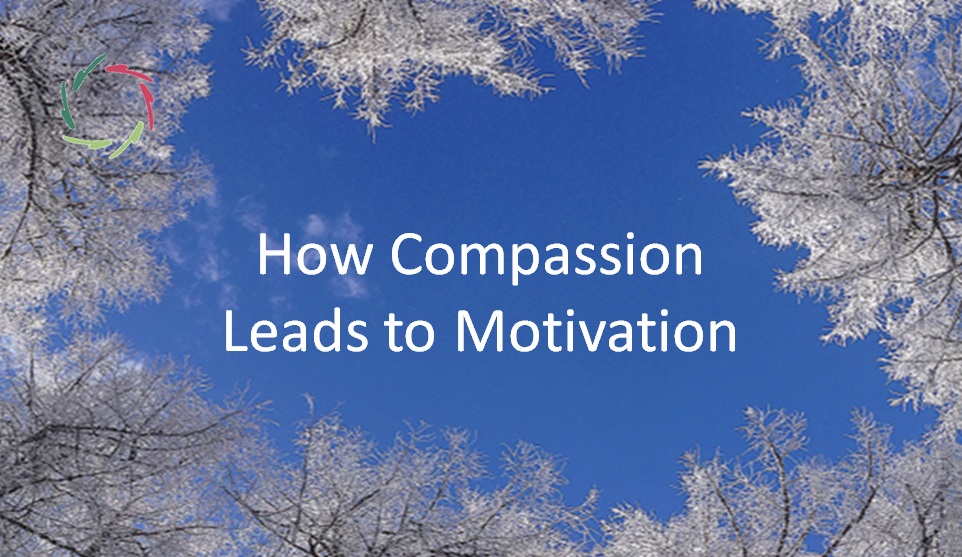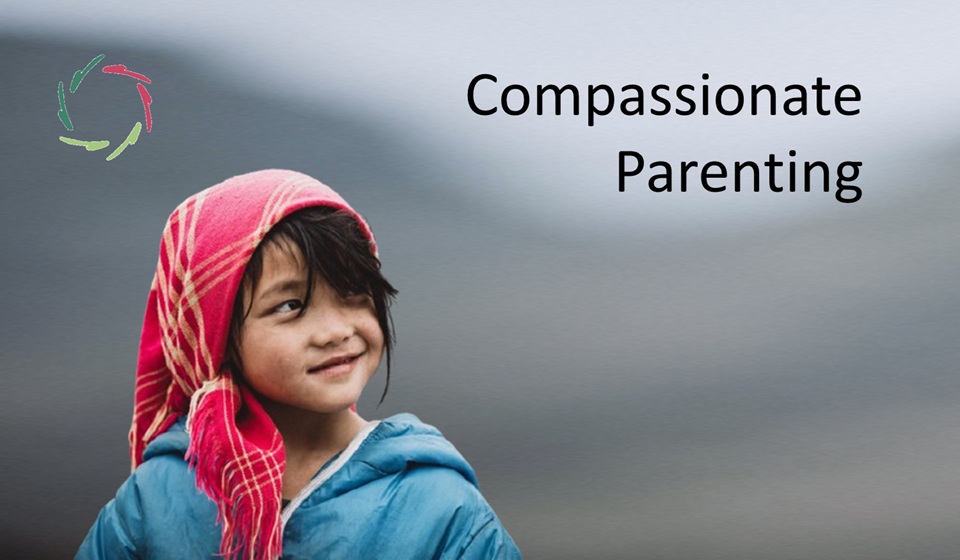How Compassion Leads to Motivation

Compassion changes people from the inside out as nothing else does.
If you haven’t done so yet, then please read about Compassion, basically before continuing.
From the inside out
True motivation starts deep inside — this is, with broadly distributed mental-neuronal patterns (MNPs) acting in parallel. In Compassion, we see substantially more overlap of MNPs between people, forming a direct link to true motivation.
MNPs or even sets of MNPs may be pretty much frozen and, therefore, functionally absent. I would call that a setting of internal coercion — not motivation. Even so, it still has some of the same characteristics. Moreover, what is internally frozen can be unfrozen with Compassion in the picture.
Relieving pain, enhancing growth
These are the two things life naturally strives for: away from pain and toward growth as eventually two sides of the same coin. One way or another, they are present in any form of organic life.
These are also two sides to Compassion in synthesis.
Rationality and depth
Together, these form another synthetic view of the core of Compassion.
As in any synthesis (so much more than a balance or combination), one can take any side and draw it further along into the whole.
Toward motivation, rationality is enough if it’s really drawn to the max. Any sane person can generally be motivated by a clear and comprehensive picture of some issue or what some field is about — no naivety in this. Rationality to the max involves human depth because this is part of the total reality. Thus, full rationality is motivational.
Likewise, human depth to the full incorporates rationality. The synthesis leads straightforwardly to Compassion and also to AURELIS.
And to true motivation, even against all odds.
A perceived lack of Compassion leads to negative motivation.
This is the same principle, only in reverse.
The lack shows a longing. The longed-for (but absent in reality) Compassion can draw a person in a twisted way even to somewhere nobody would choose to go.
Look very well, and you see the Compassion shining through, as well as the motivation for something positive deep, deep inside, even under the most challenging crust.
In Leadership
Open Leadership is Open to oneself, then also to others. Then, it’s also about taking action based on this and in a profoundly ethical way.
Compassion is baked into this, which makes an Open leader also a very motivating leader. His motivation resembles an overflowing bucket in that being present is frequently enough to influence others positively.
Contrary to this, non-Compassionate leadership may coerce but is never motivational — a profound lesson for many.
Compassion breeds Compassion.
Compassion naturally leads to motivation for further Compassion because it starts with self-Compassion, the kindling of ‘human energy’ inside oneself. This is nothing more than deep motivation — the will to live, if you like.
Thus, we may almost end on a positive note:
The future is Compassionate.
All the rest is unclear.


